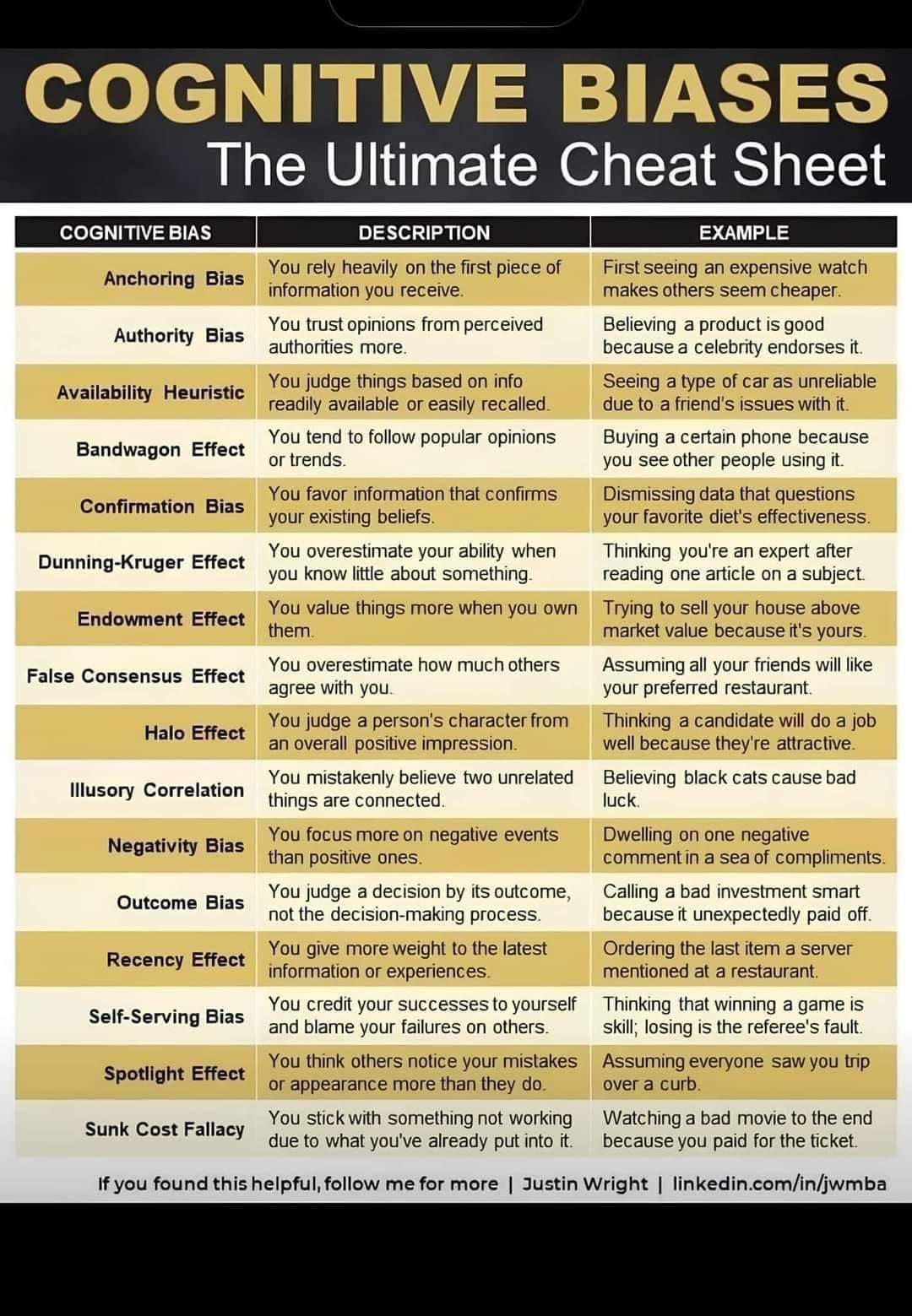To be clear, sometimes authority bias is good and proper. For instance, valuing the opinion of a climate scientist who has been studying climate chaos for thirty years more than your Aunt who saw Rush Limbaugh say climate change is a hoax in the 1990s is normal and rational.
Basically, authority bias as a reasoning flaw stems from misidentifying who is authoritative on a subject.

